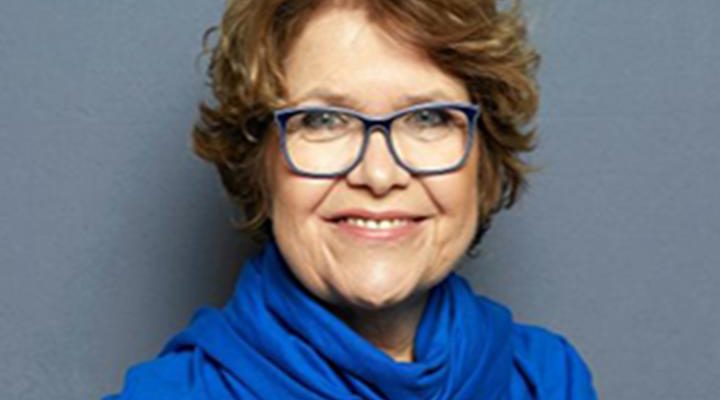Noted Polish newspaper journalist and author, Anna Bikont, will discuss “The Jews, The Poles and The Holocaust: How My Country Struggles with Her Difficult Past” at Wheeling Jesuit University, Thursday, March 1.
Bikont’s presentation will begin at 7:30 p.m. at WJU’s Troy Theater. The talk is presented by Classrooms without Borders and Wheeling Jesuit’s History Department.
An award-winning Polish journalist and co-founder of Gazeta Wyborcza, Bikont won the European Book Prize in 2011 for her book The Crime and the Silence: Confronting the Massacre of Jews in Wartime Jedwabne. This painstakingly researched epic work of nonfiction includes eye witness testimony on a wartime atrocity and its 60-year denial of what transpired. Her book examines the events in the small Polish town of Jedwabne on July 10, 1941, when the citizens rounded up the Jewish population, brutalized and burned them alive in a barn.
“The Polish government’s recent attempt to make illegal any discussion of Polish complicity in the Holocaust has sparked an international debate, and Anna Bikont’s meticulous research into the topic gives her talk a timely relevance,” said Dr. Jeff Rutherford, associate professor of History at Wheeling Jesuit.
Bikont reported on this historic event, combing through archives and interviewing residents who survived World War II. Her writing became a crucial part of the debate. During her talk at WJU, she will share the truths revealed while researching her book, as well as the struggles Poland faces today with past indiscretions during the Holocaust and present-day politics.
“Facing the facts of history need not come at the expense of national pride and yet, the current administration refuses to allow Poland to take responsibility for its wrongdoings. Anna Bikont’s talk will shed light on this reality and the ongoing dilemma with denial,” said Barb Lewine, program director for Classrooms Without Borders-Wheeling.
Part history, part memoir, The Crime and the Silence is Bikont’s account of these events: both the story of the massacre told through oral histories of survivors and witnesses; and a portrait of a Polish town coming to terms with its dark past.
Including the perspectives of both the perpetrators and a few courageous Poles that hid their Jewish neighbors, Bikont’s book chronicles the sources of the hatred that exploded against Jews and asks what myths grow on hidden memories, what destruction they cause, and what happens to a society that refuses to accept a horrific truth.



